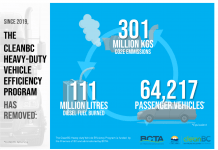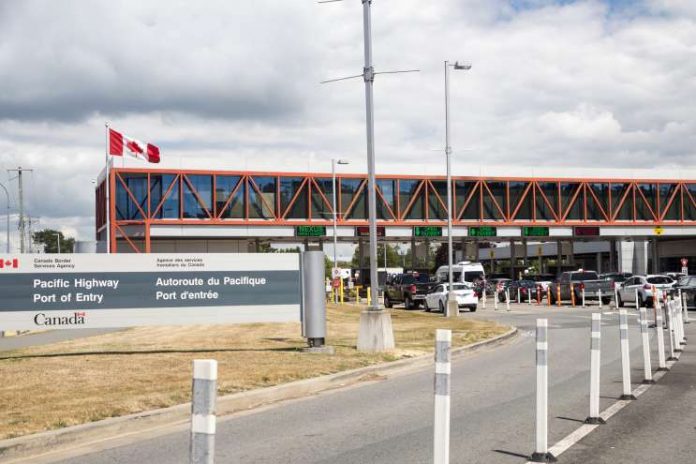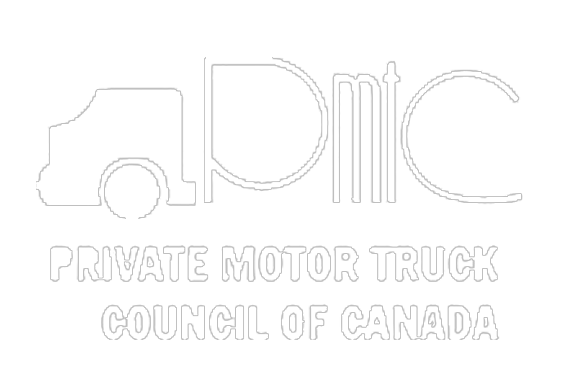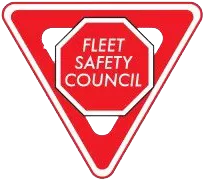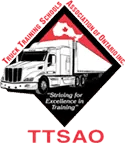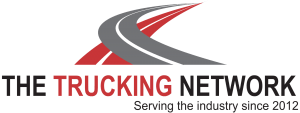It appears that Canada’s government has given, then taken away from the trucking industry in the past 24 hours.
On Wednesday, it appeared that the Canadian Border Services Agency CBSA had rescinded the border Covid vaccine mandate slated to begin this Saturday, January 15. Elation in the trucking industry was short-lived though, as the Federal government later clarified that all truckers crossing the border into Canada be they Canadian citizens or foreign nationals must be fully vaccinated as of January 15.
The United States is implementing a similar mandate at its border on January 22.
In mid-November, the Trudeau government announced the trucking vaccine border mandate. Since then there has been a massive outcry from Trucking, Business, and Trade Industries arguing that this was the wrong time for such a mandate.
Estimates are that 10% of Canadian truckers and upwards of 40% of U.S truckers are unvaccinated. Some U.S. drivers will simply stop coming to Canada rather than be vaccinated. Likewise, a number of Canadian drivers refuse to do runs south to the U.S.
This has the potential to cause a significant number of Canadian truckers to leave the industry altogether. There already exists a driver shortage on both sides of the border. A condition expected to worsen over the coming years.
Lobbying by the Canadian Trucking Alliance and trade associations on both sides of the border appealing to the Canadian government to delay the mandate has fallen on deaf ears.
Their fear is that the mandate will put additional strain on supply chains, which are still damaged from two years of the pandemic. The latest variants of COVID-19, Delta, and Omicron, have made conditions worse, causing new labour shortages in the supply chain.
These supply chain problems helped drive Canada’s inflation rate to an 18-year high in November. The Bank of Canada has said it could raise interest rates as soon as April, putting more pressure on our economic rebound.
Food products have risen in price since last year as the cost of trucking fruit and vegetables from California has doubled in the past year.
Stephen Laskowski, president, and chief executive of the Canadian Trucking Alliance CTA, and his U.S. counterpart are asking for a better date to implement the border mandates.
Two-thirds of the annual trade between Canada and the U.S. travels by truck. We remain each other’s number one trading partner. Slowdowns are bound to increase at the border.
Whether we like it or not, it appears that the Border vaccine mandate will come into effect tomorrow.
COVID-19 vaccinations have become a line in the sand.
In a free society, it is the right of individuals to deny vaccination. Some, including some truckers have chosen that route. But the governments on both sides of the border want their population to be fully vaccinated. Allowing or sanctioning truckers to skip this protocol would go against the governments’ wishes on both sides of the border, the optics would look hypocritical for both governments.
The border is not a line in the sand. But for some truckers on both sides of the Canada U.S. border, it has become that line, and it also appears it has become a line in the sand for both countries’ governments.
COVID-19 continues to play havoc on our lives and economy.

